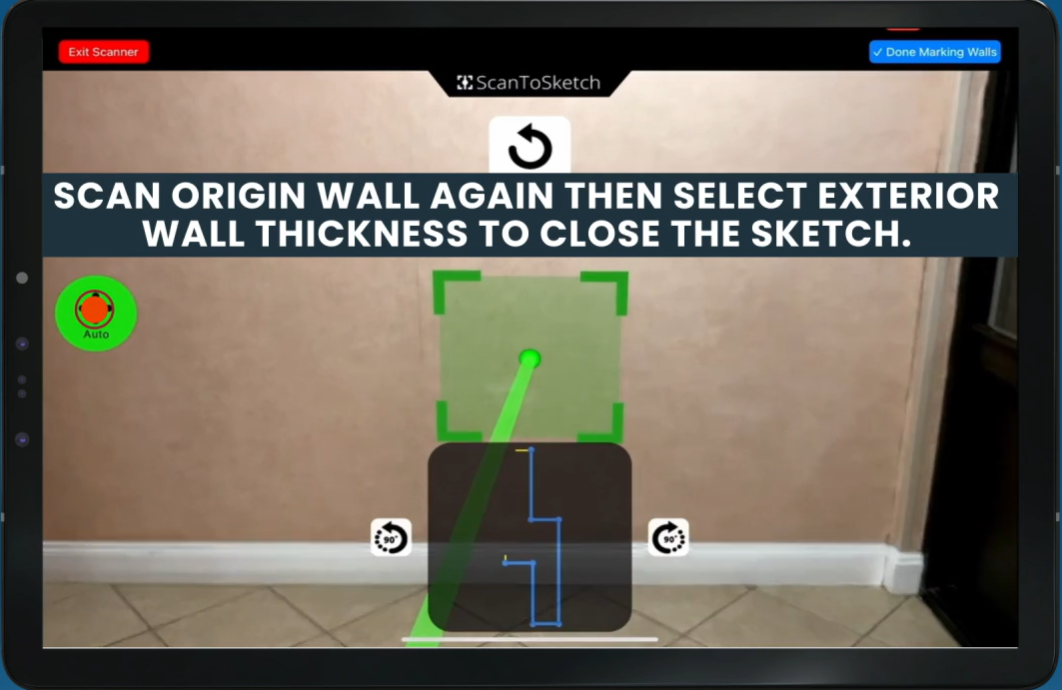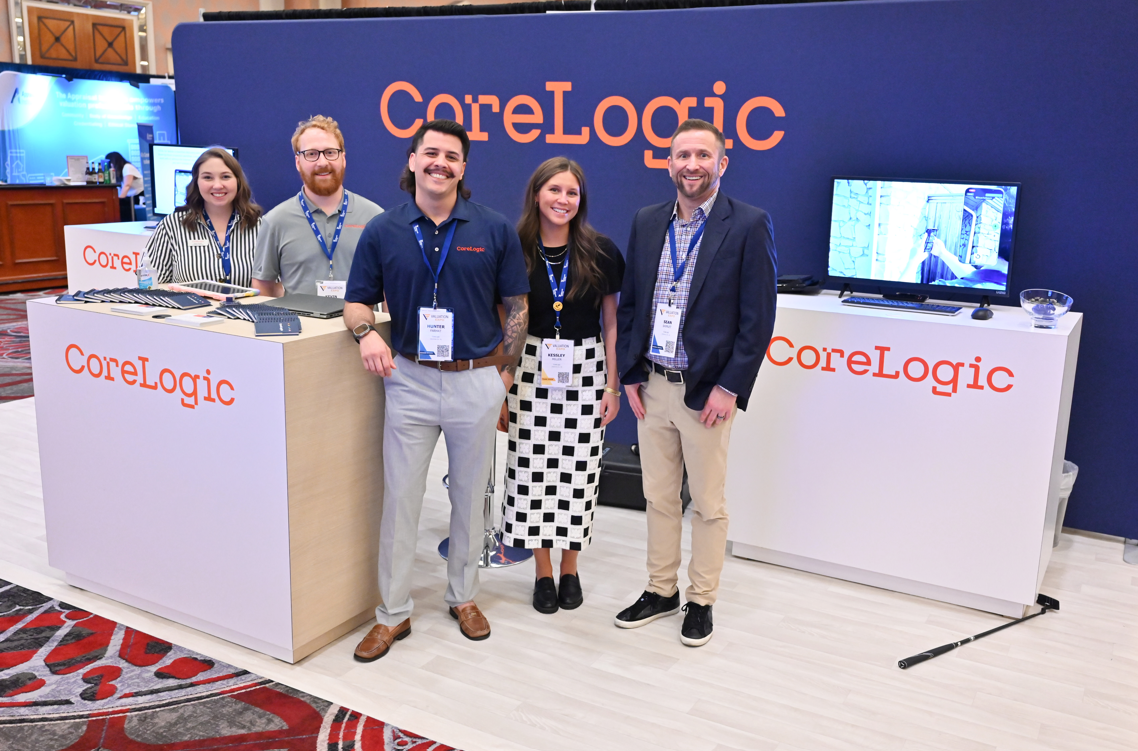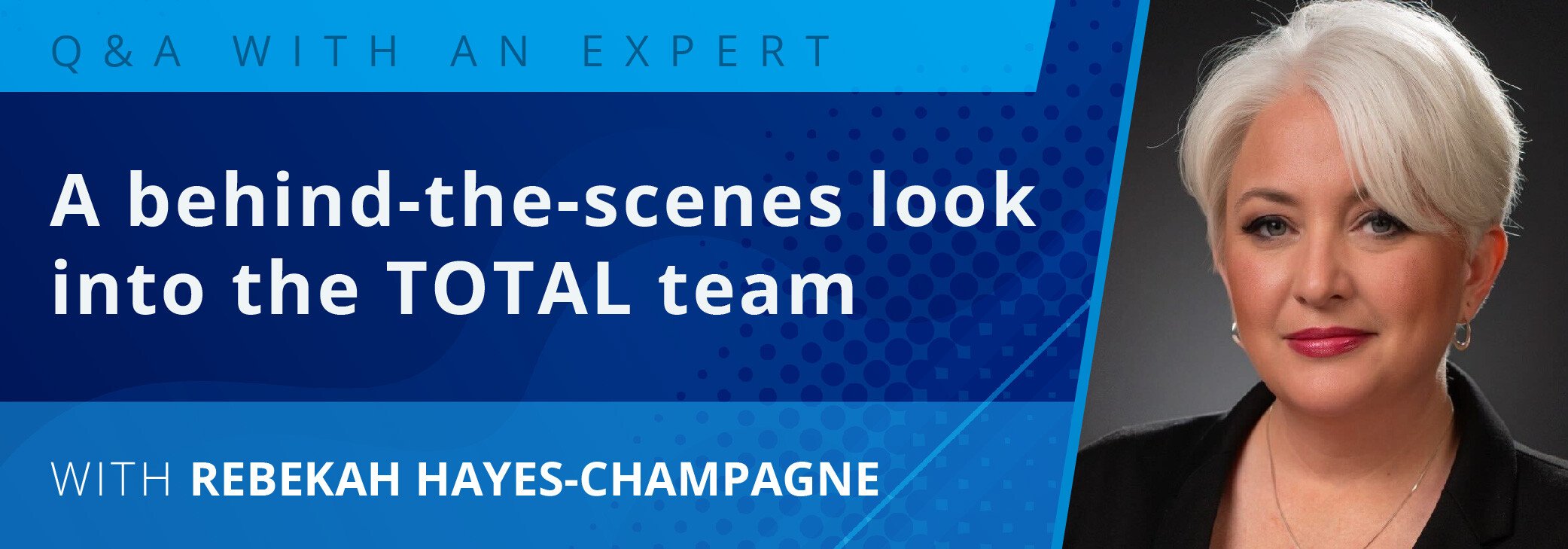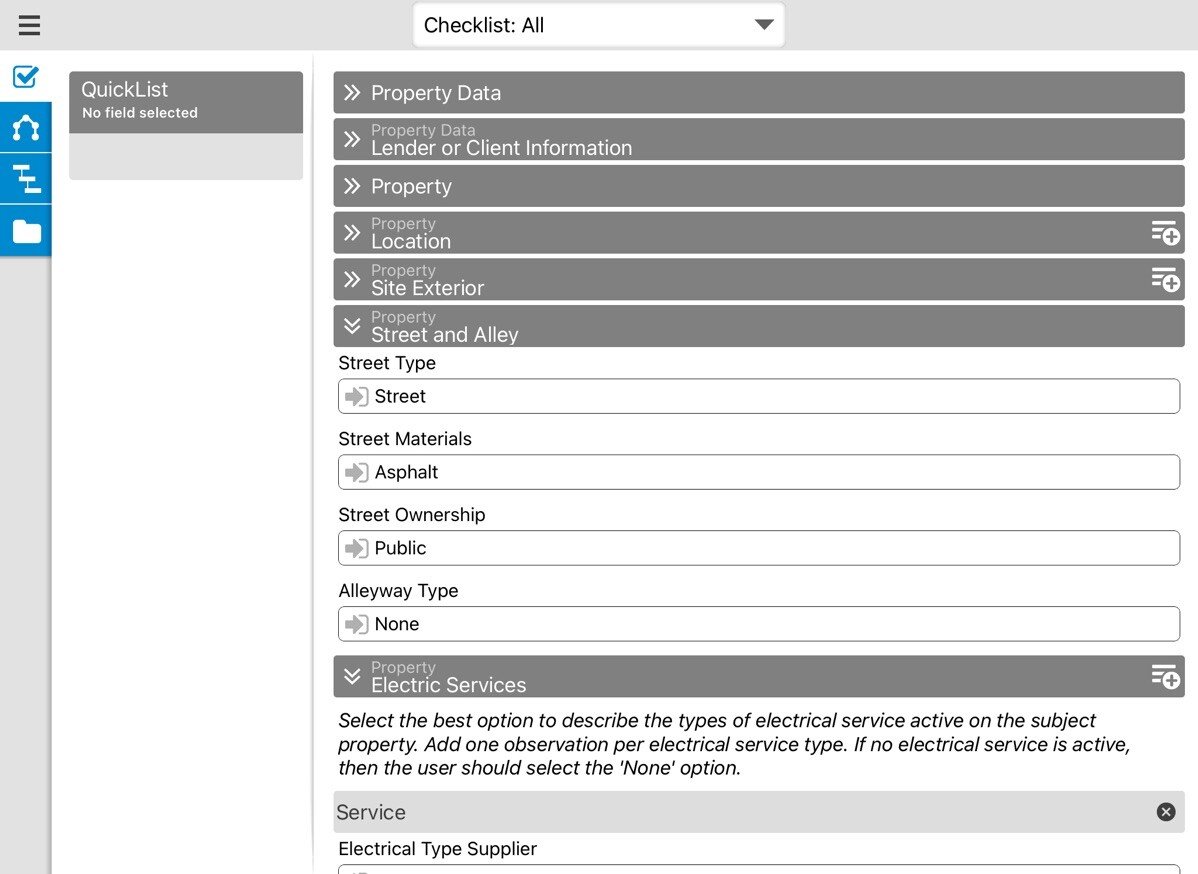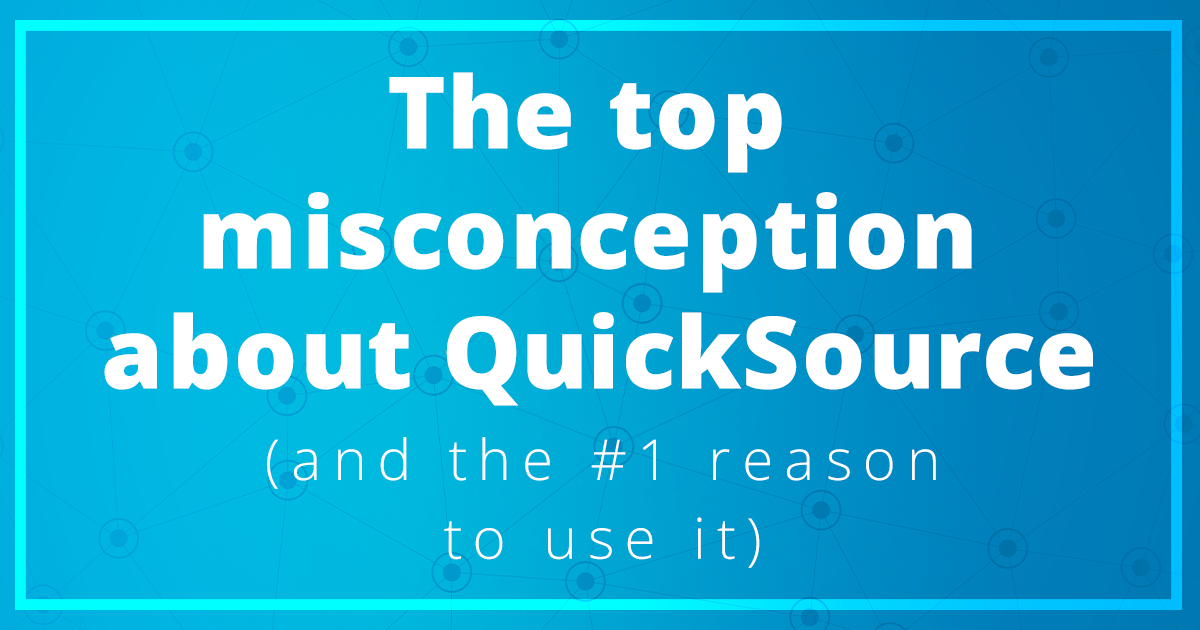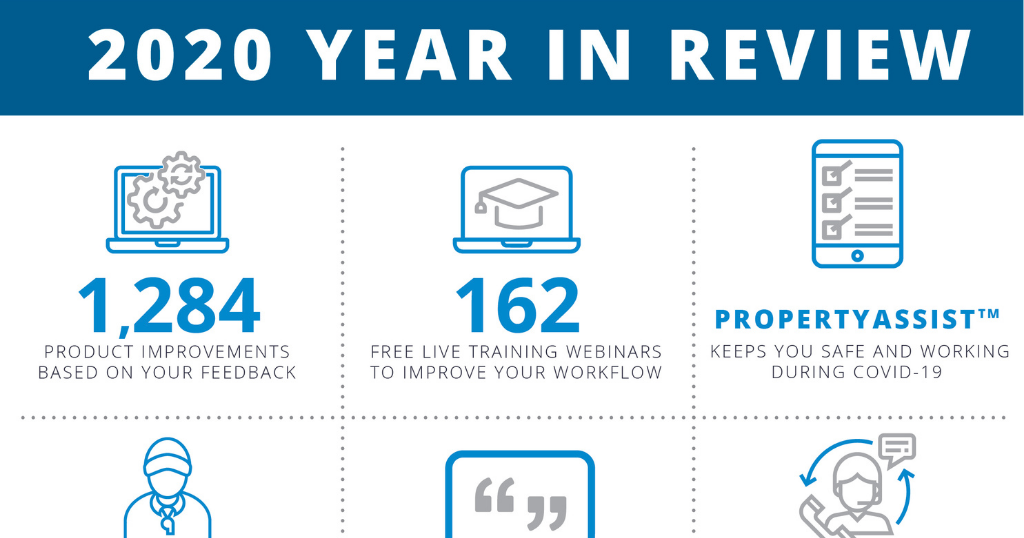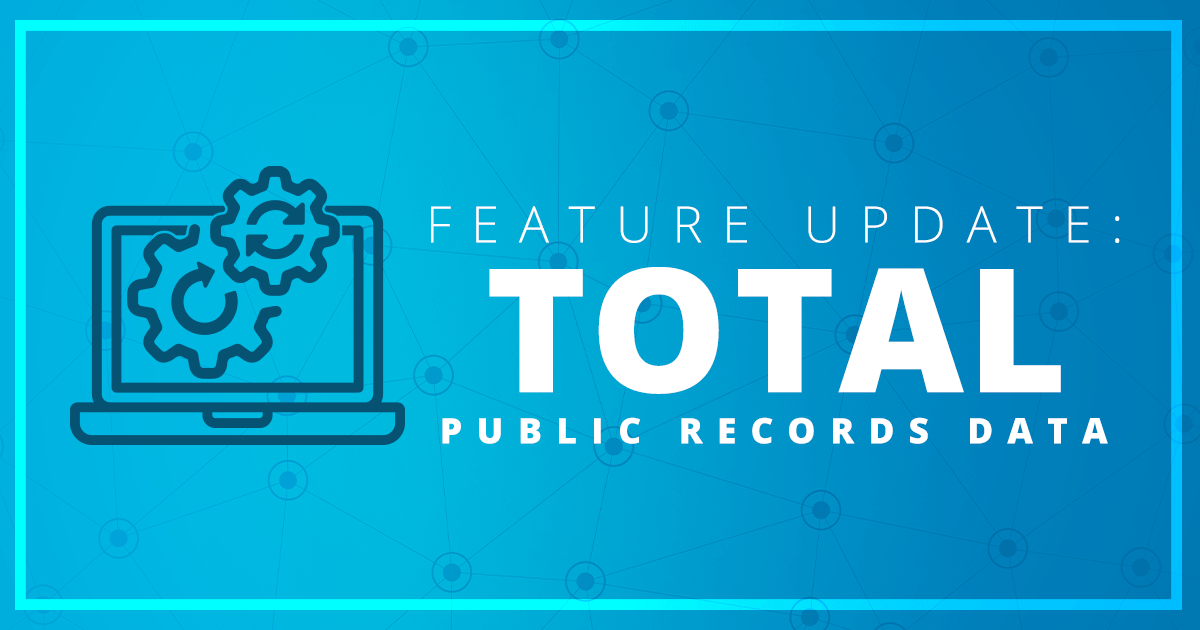Mortgage technology pioneer Scott Cooley has produced a white paper contending Fannie Mae and Freddic Mac have stifled technological innovation by inserting their automatic underwriting systems (AUSs) into the marketplace and insisting upon their use by lenders. Further, he warns that the Government Sponsored Enterprises (GSEs) have the power to force all appraisal orders to be routed through their AUSs and charge appraisal transaction fees.
The paper, GSEs and Their Technological Impacts, has been circulated to the Mortgage Bankers Association (MBA) leadership and will eventually find its way to Capitol Hill, Cooley told National Mortgage News.
Cooley says AUSs have not fulfilled their promise of increasing mortgage transaction efficiencies, owing to training expenses borne by the lender, increased costs to third party vendors to deliver their products through the AUSs, expenditures incurred by mortgage software companies to interface with the AUSs, and other reasons.
Fannie Mae and Freddie Mac have the potential to profoundly impact appraisers even more than they do now, Cooley told us. "They have the ability with DU/LP to force mortgage companies to put all appraisal orders through their systems and to enforce new rules and regulations on the appraisers (as well as when they won't be used)," he said. "They could also earn significant appraisal transaction fees on every loan that goes through DU/LP."
Left unchecked, Cooley warns, the GSEs could market and profit from the sale of consumer information – and Fannie Mae and Freddie Mac are exempt from privacy laws, he adds. "Every piece of information needed for consumer identity theft is in these databases and little is known about any safeguards," the paper contends.
The most significant real cost, the paper argues, is to private innovation. The effective requirement that lenders use Fannie's Desktop Underwriter (DU) or Freddie's Loan Prospector (LP) prevents the most efficient systems from prevailing in the market. "When the GSEs introduced automated underwriting systems, we saw many companies stop their own such initiatives. Millions in funding and development were wasted as projects were halted. Had these products been allowed to come to market, the industry would be more productive today."
Among other things, the paper recommends GSEs be limited to developing technology specific to streamlining the delivery of loans to them, that "open source" underwriting rules be developed, and that the GSEs be barred from handling and selling third party services, including appraisals.
"I think it's in the best interest of the appraisal industry that this duopoly is prevented from having any control on the appraisal industry beyond openly publishing lender guidelines," Cooley said.
Download or view a copy of the five-page white paper here (Microsoft Word format).



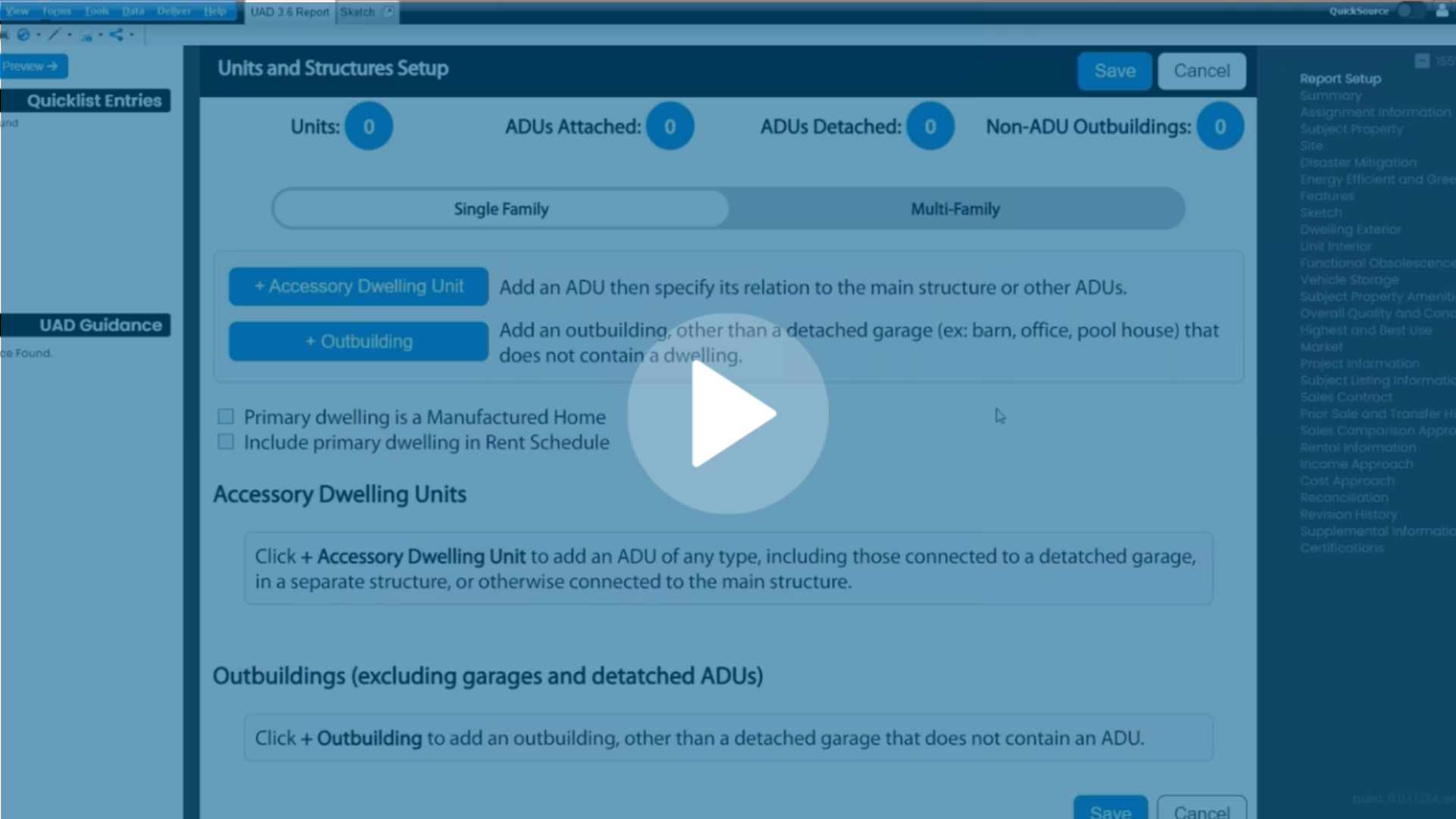
.png)

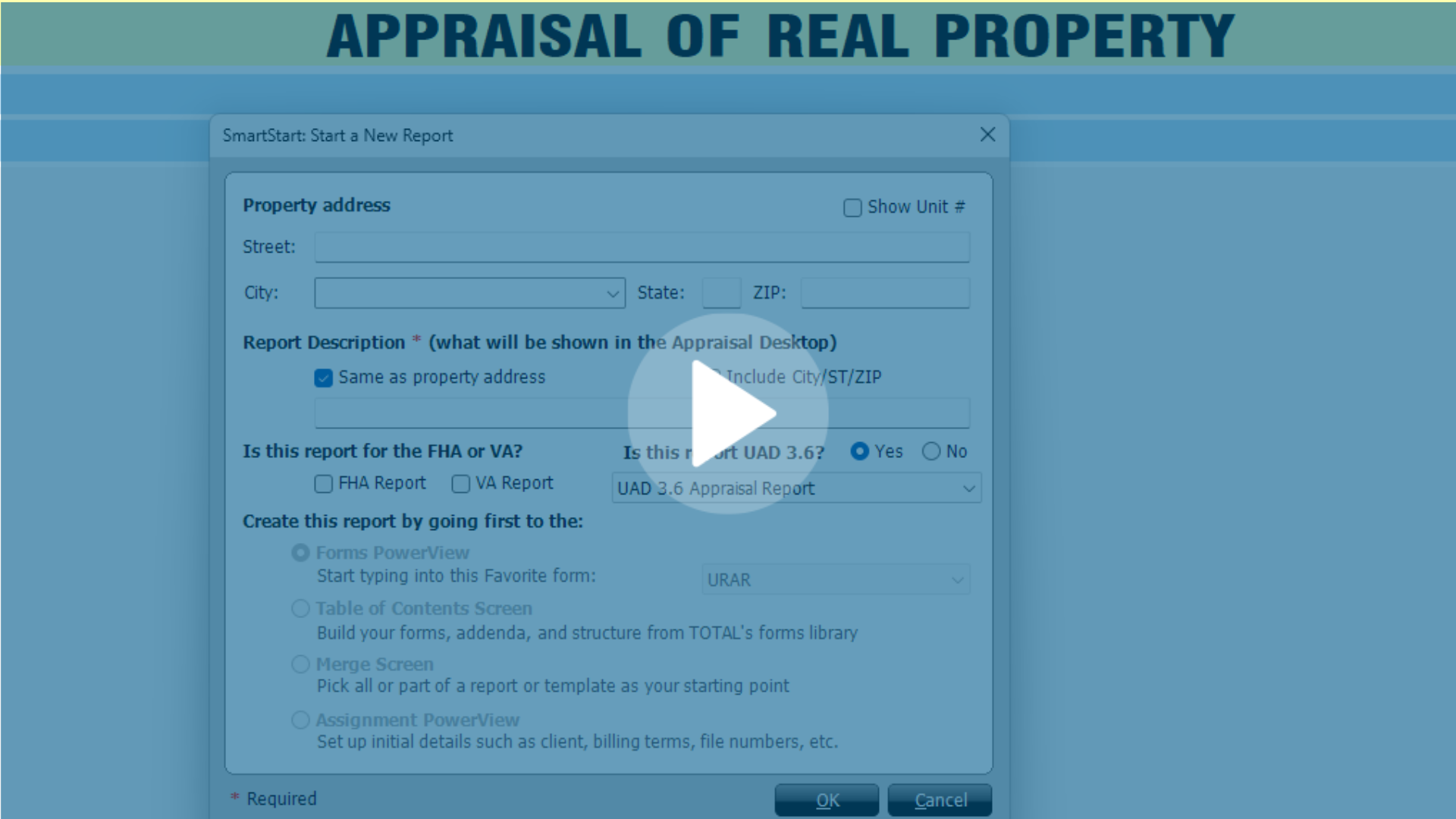


.png)
-1.png)
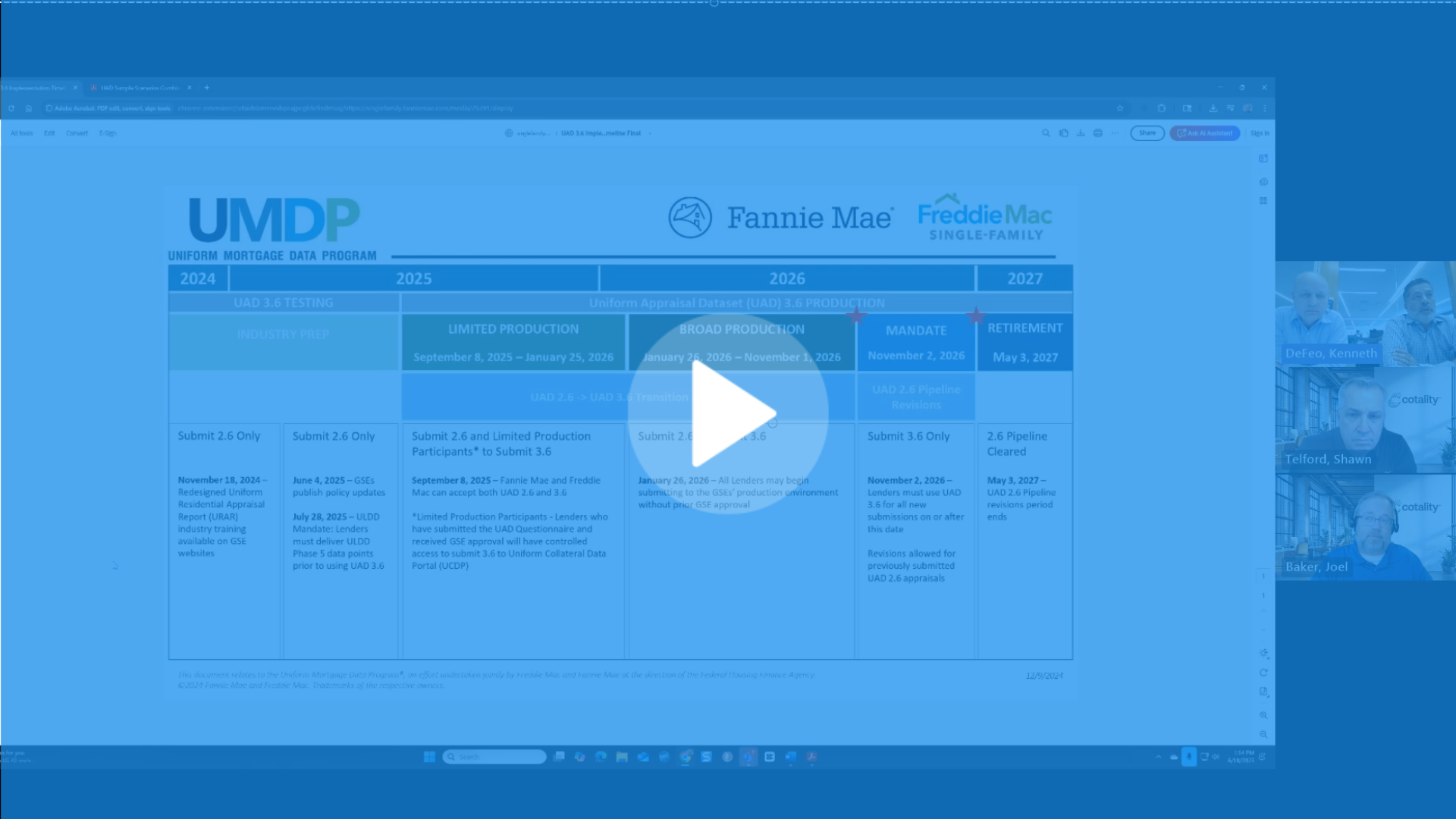
.png)
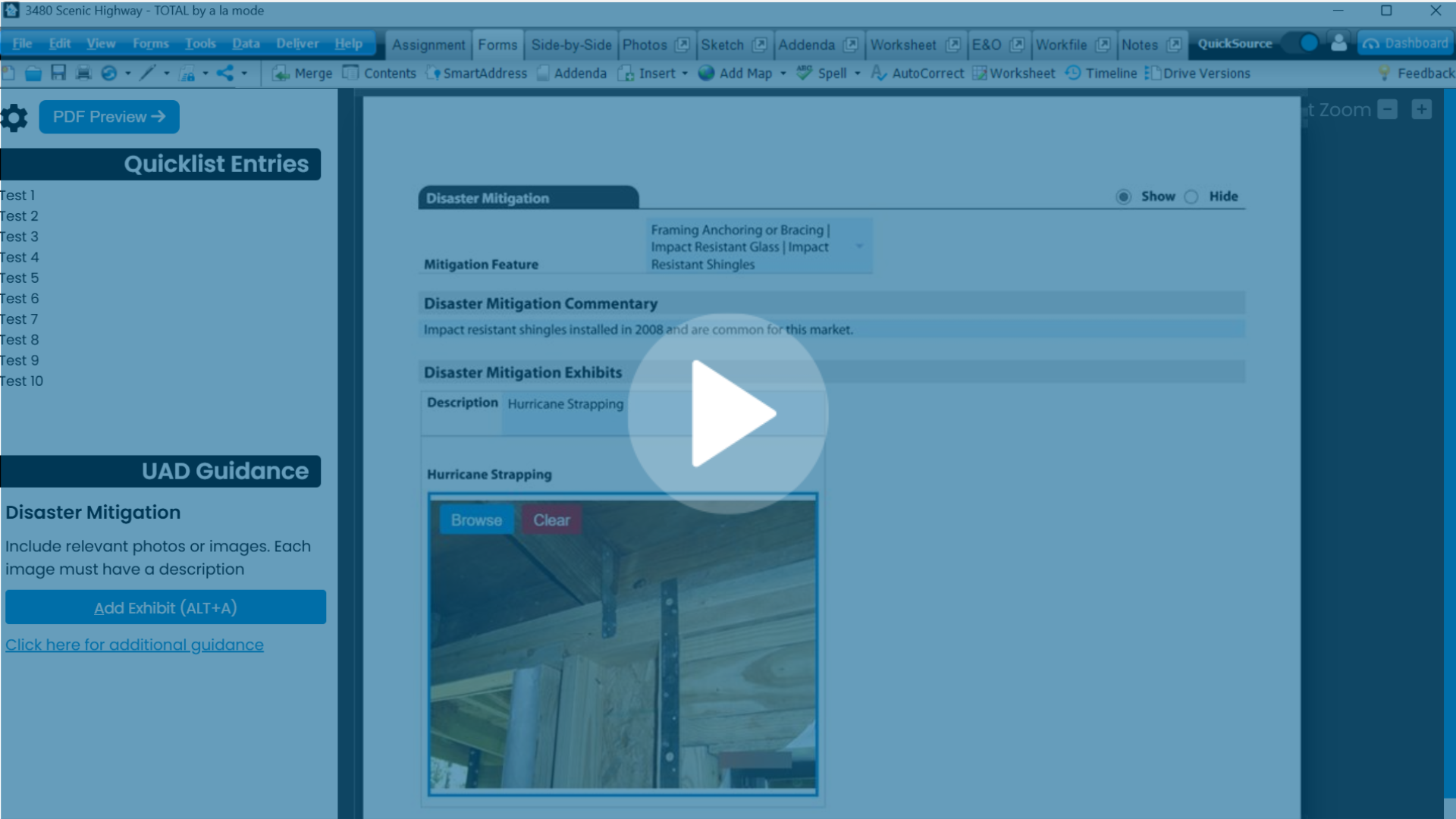
.png)
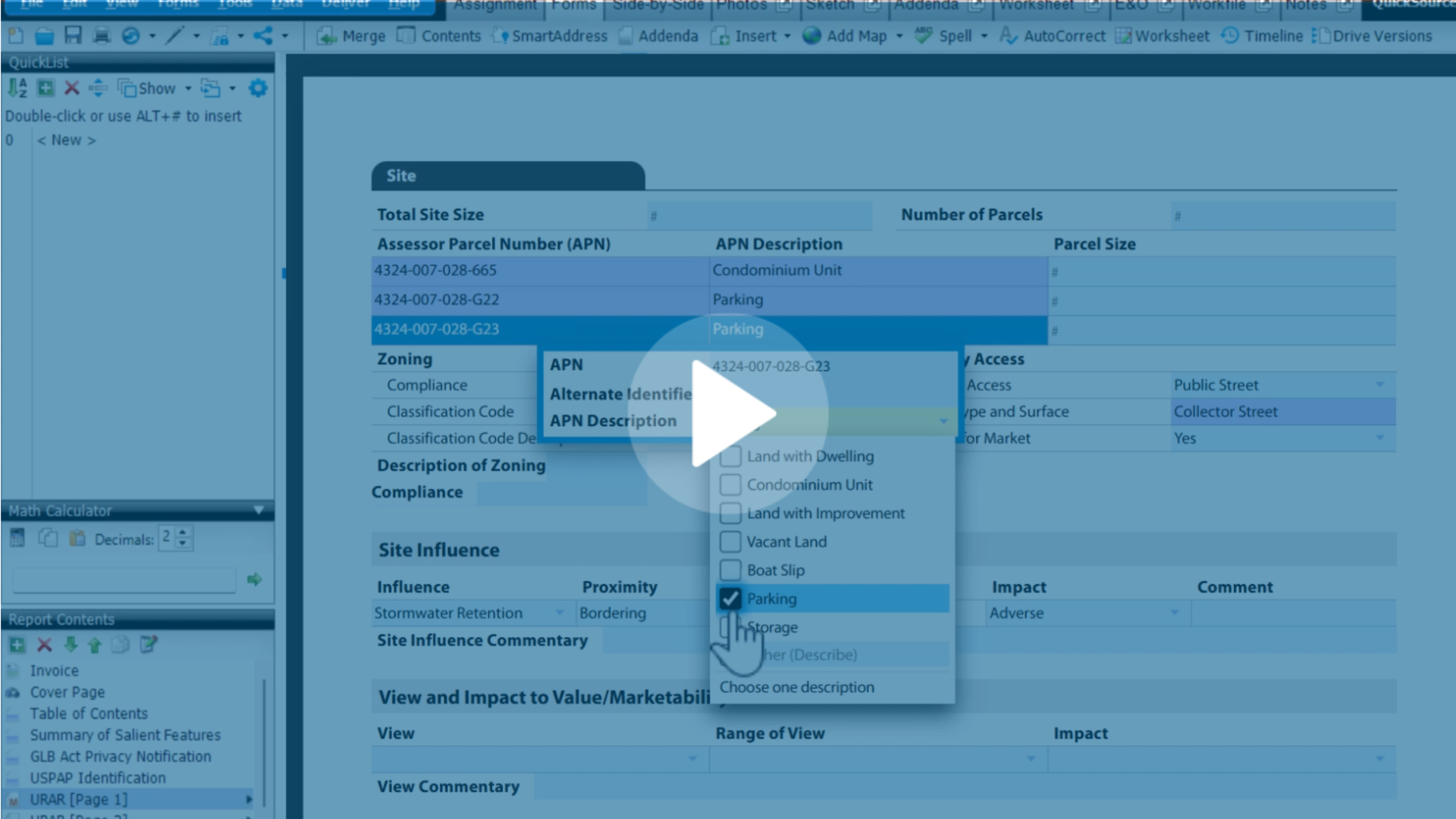
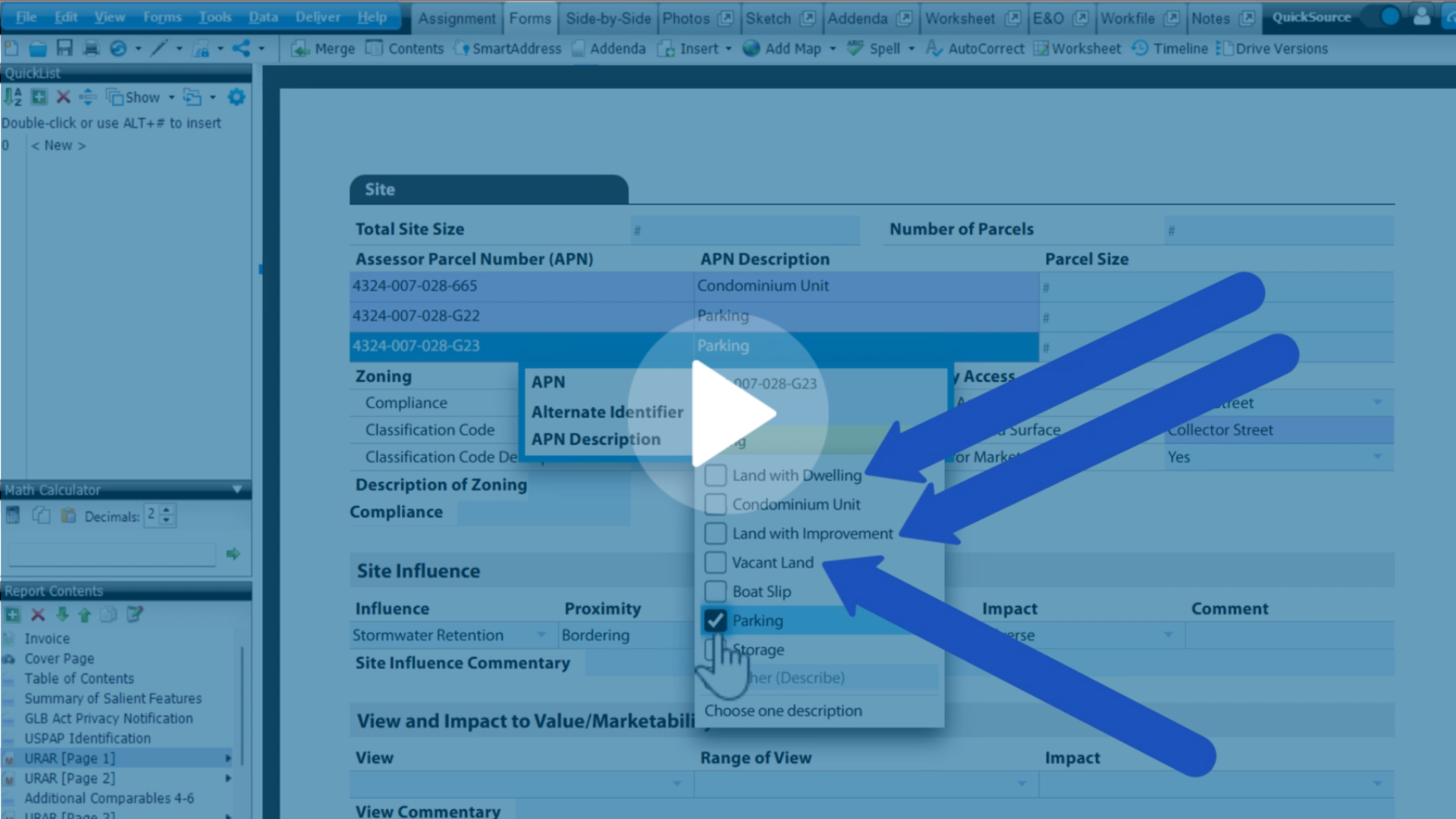
.png)
.png)
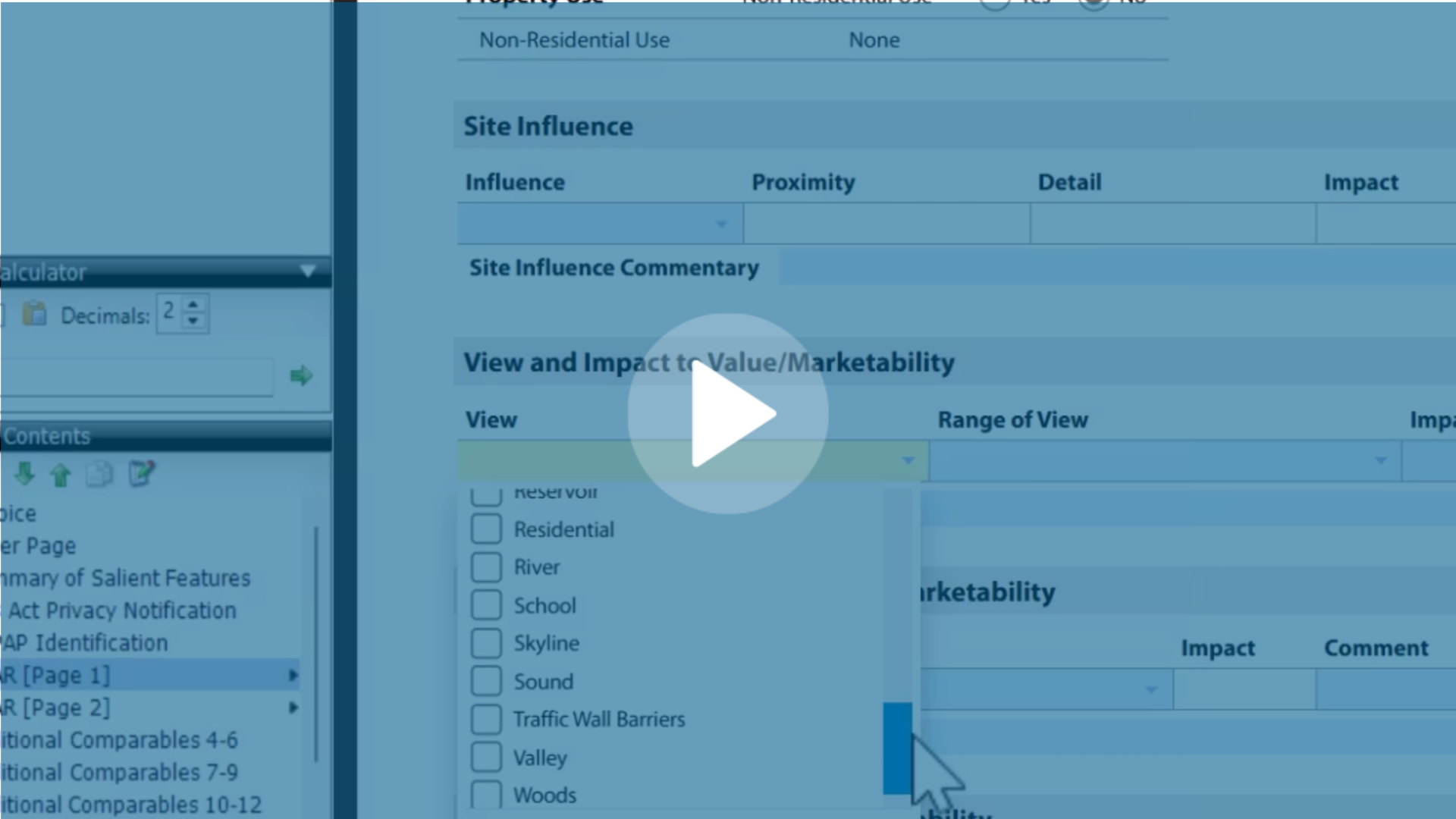
.jpg)
.png)
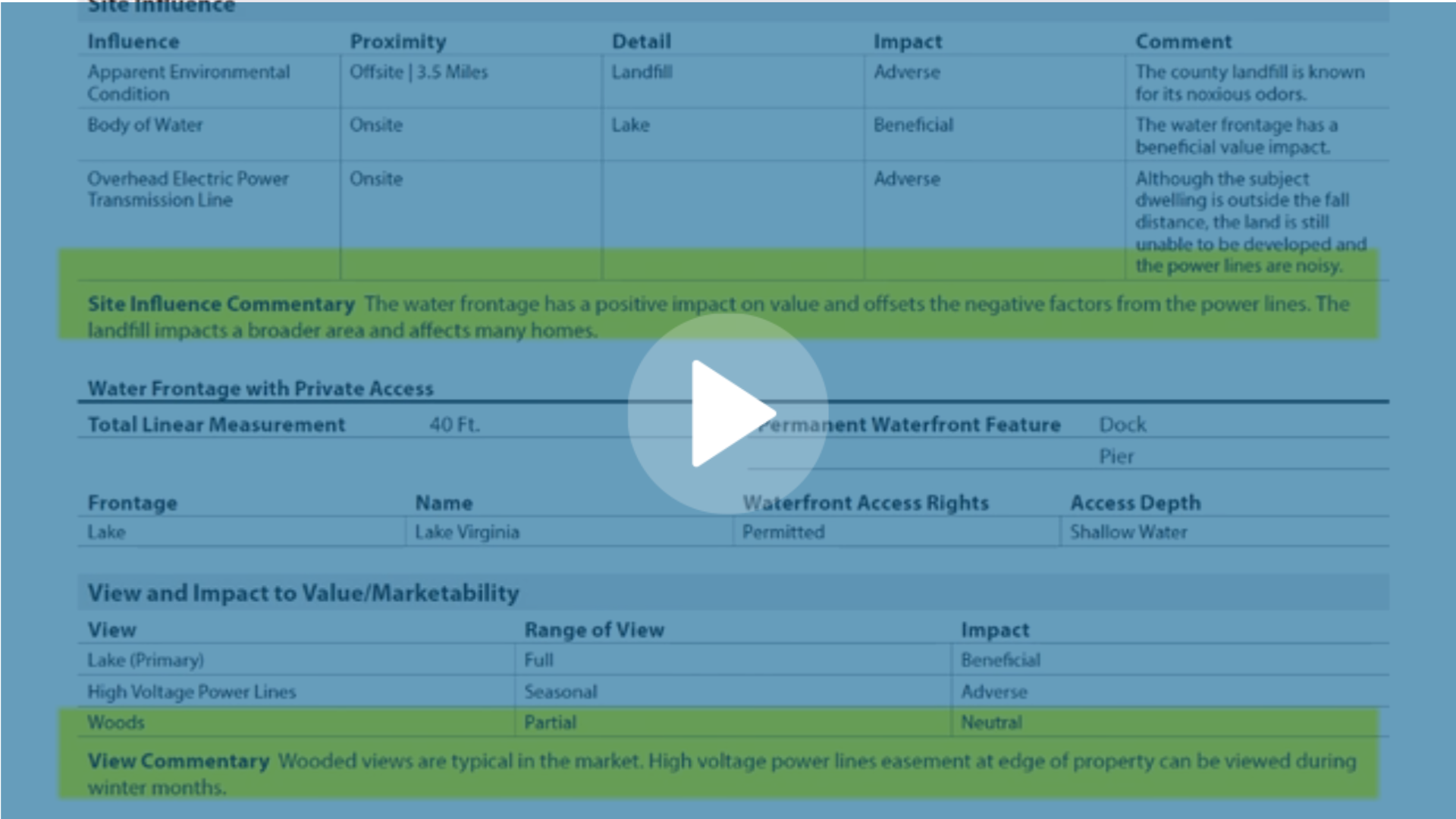
-1.png)



